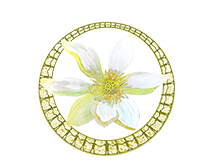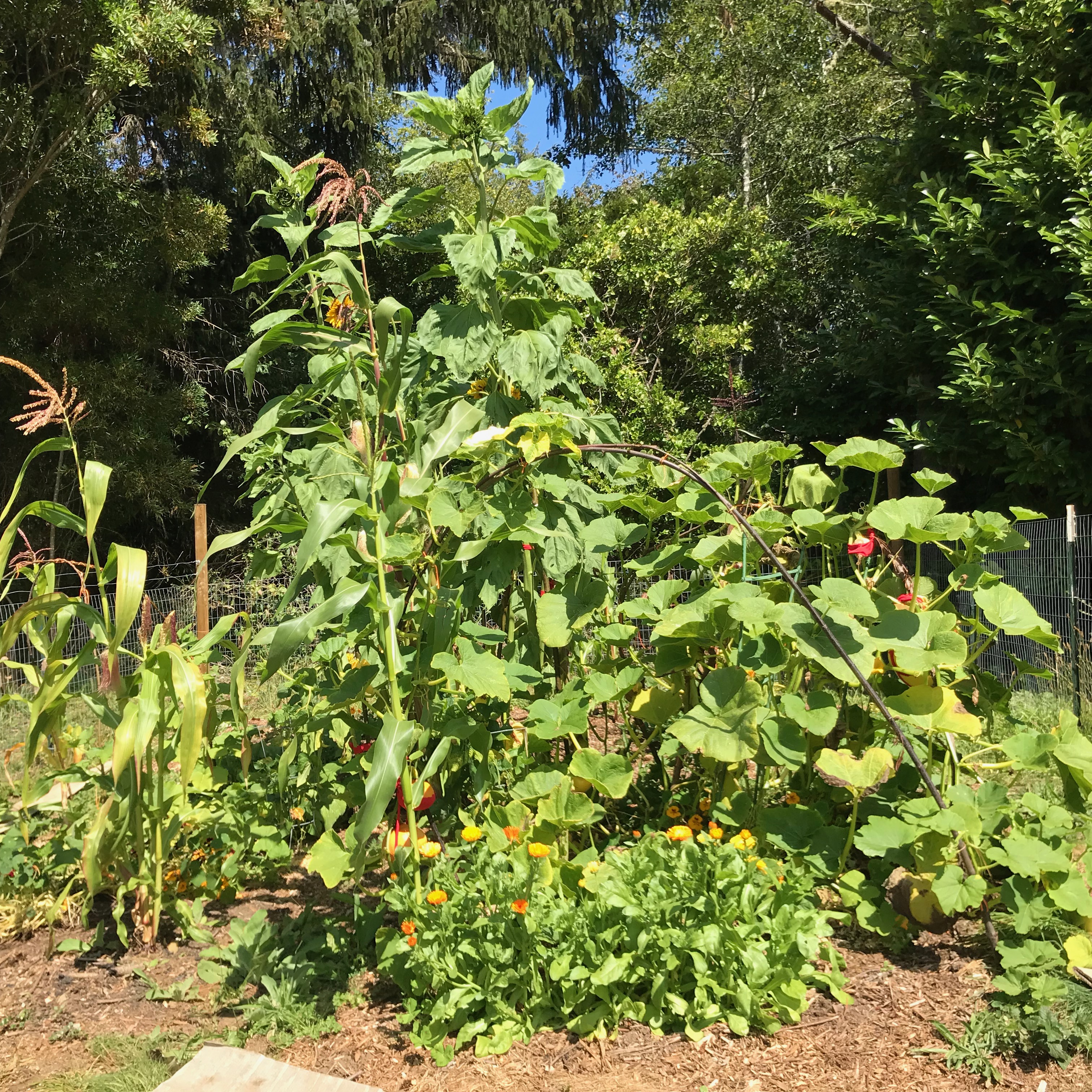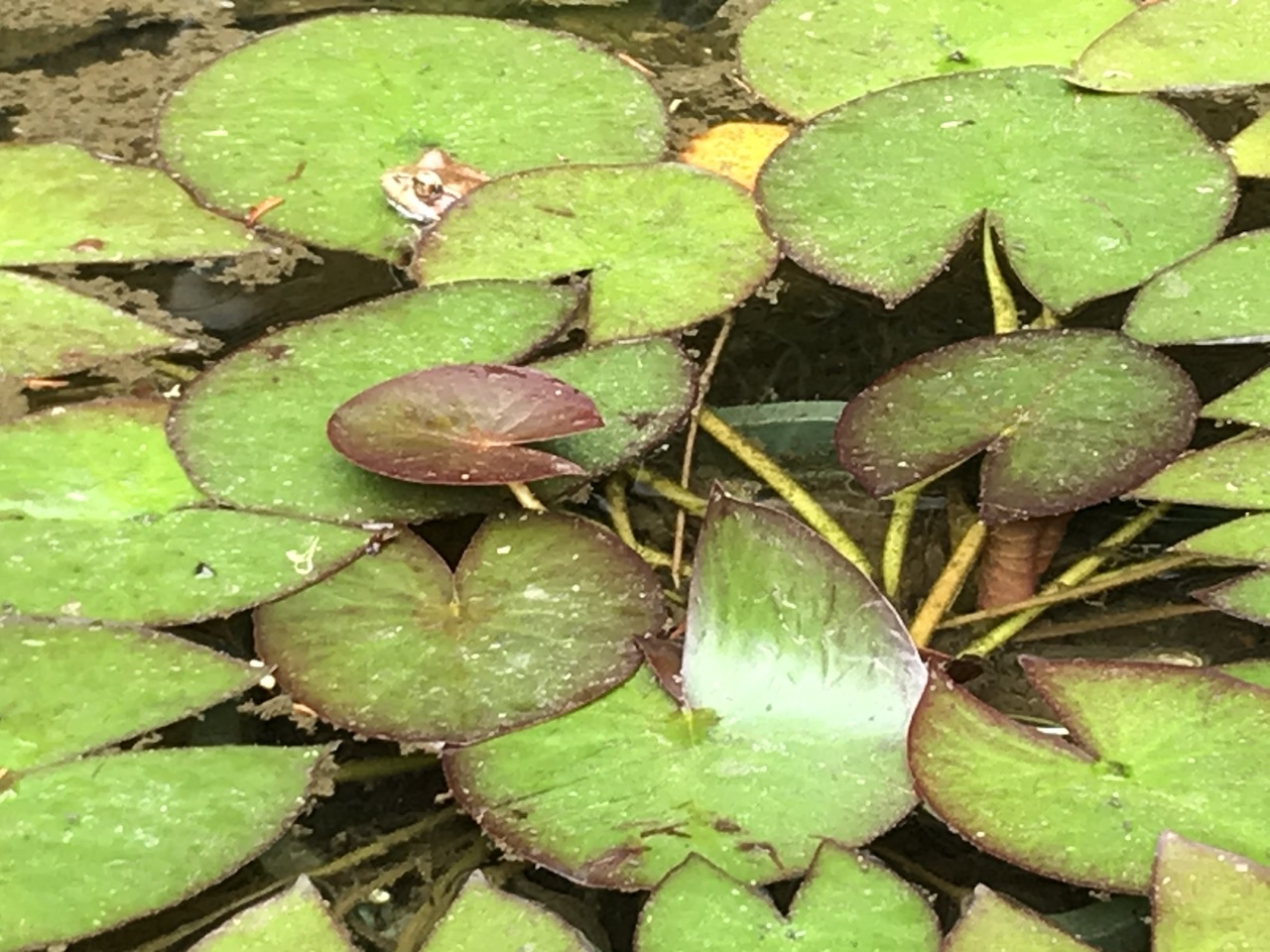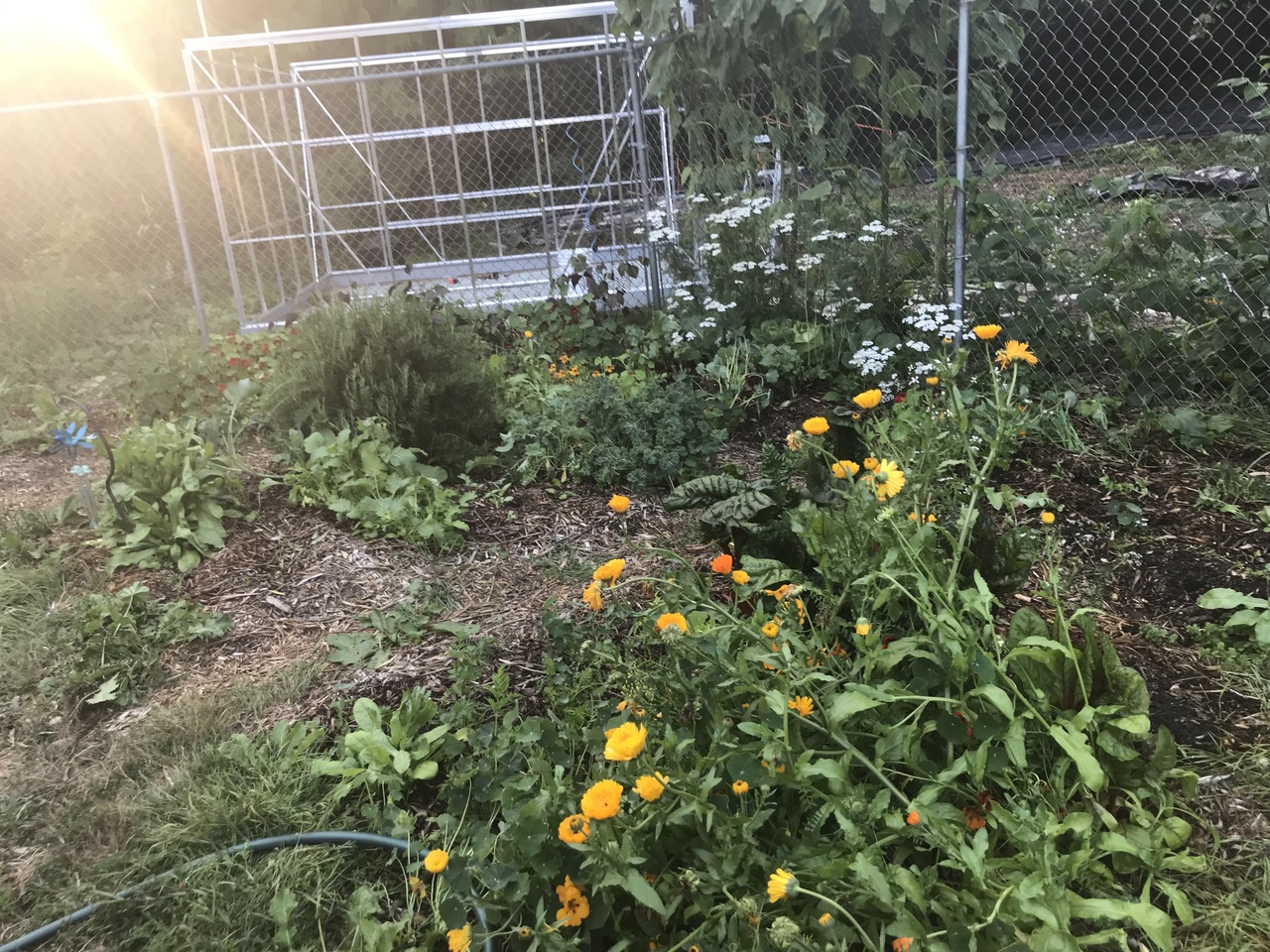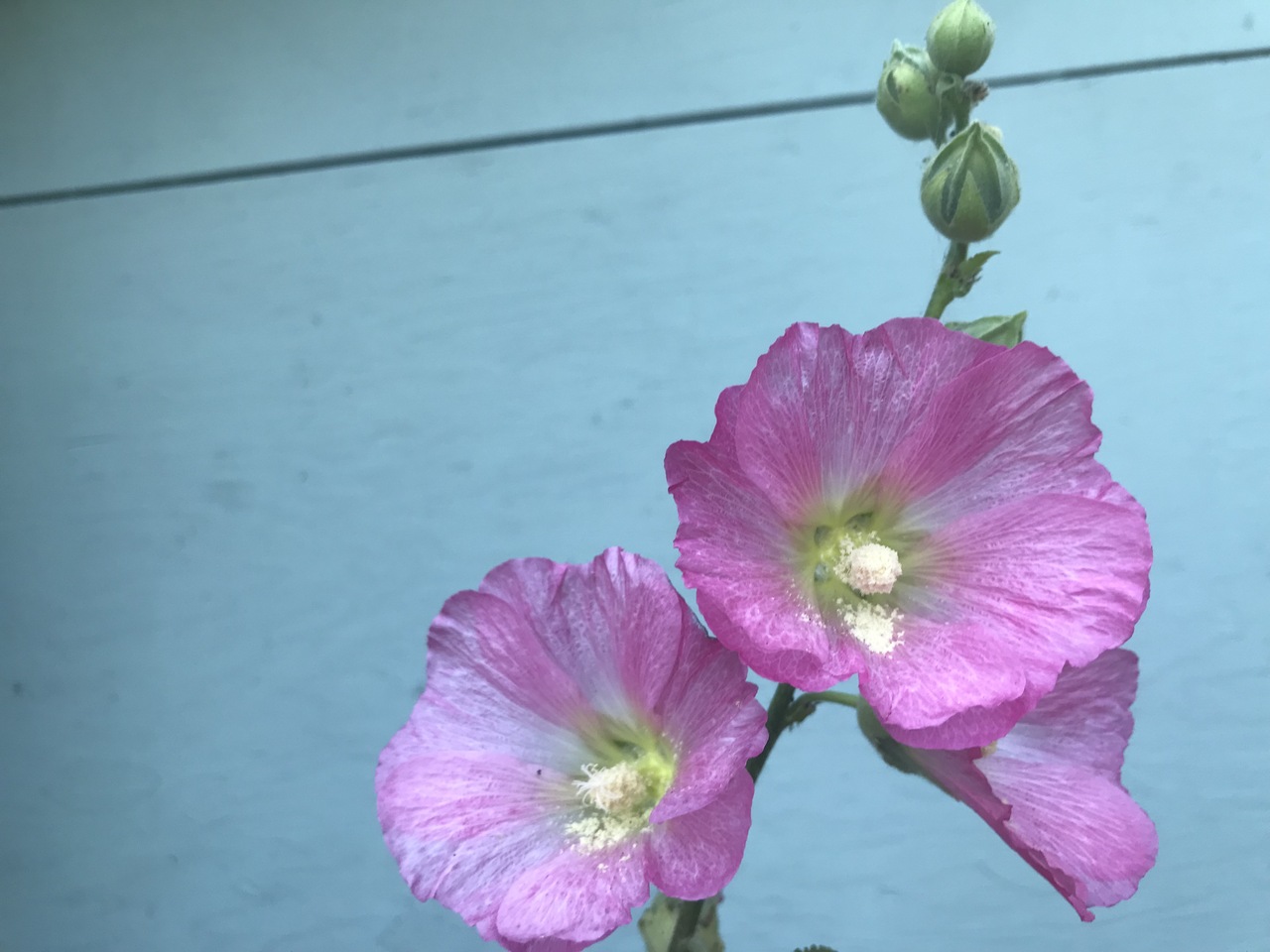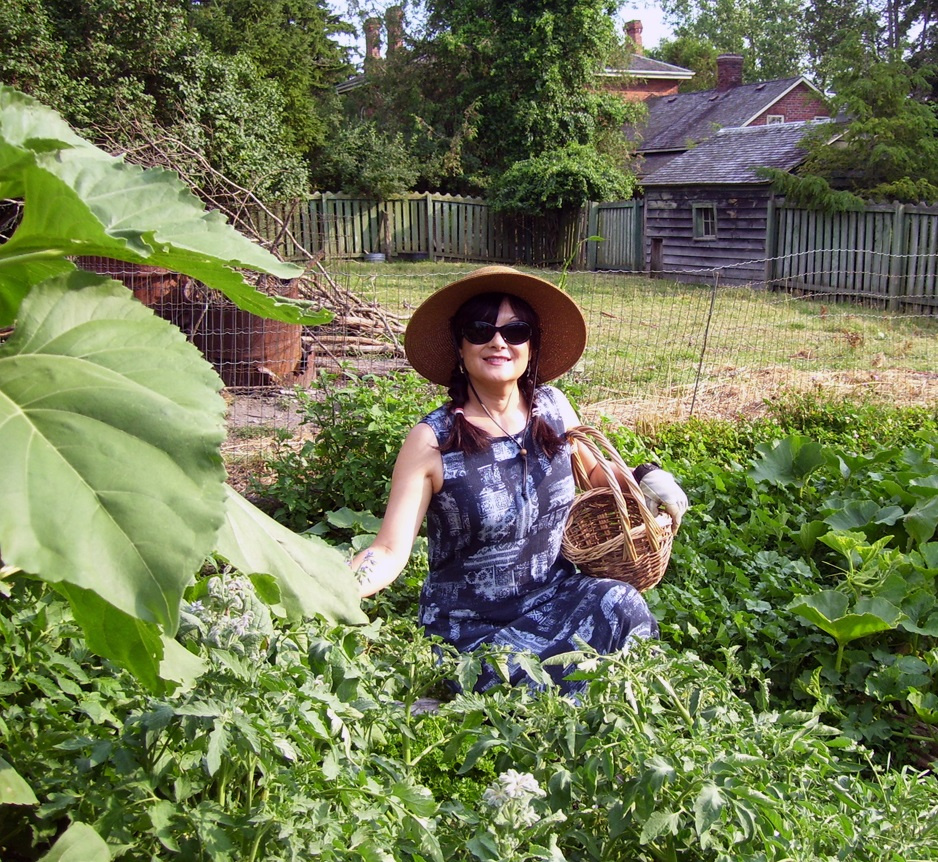
 The old Lakota was wise. He knew that man's heart away from nature becomes hard; he knew that the lack of respect for growing, living things soon led to a lack of respect for humans too. So he kept his youth close to its softening influence..
The old Lakota was wise. He knew that man's heart away from nature becomes hard; he knew that the lack of respect for growing, living things soon led to a lack of respect for humans too. So he kept his youth close to its softening influence..
Luther Standing Bear
LUTEA's Freedom Garden SlideShows 2021
Click on photos to view video slide show
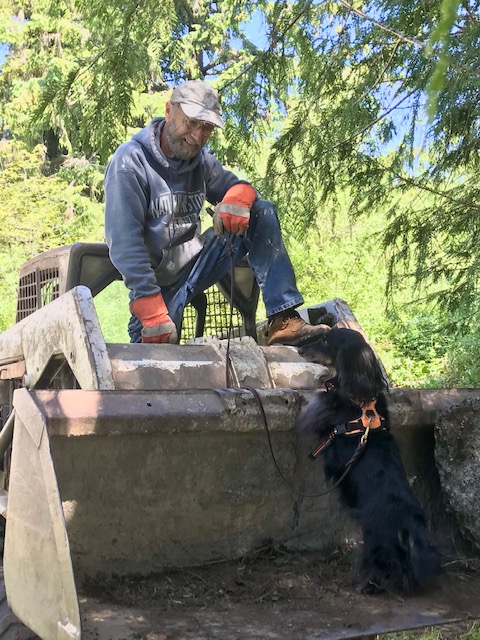
Thank you!
Jim Ecker (not in photo) for the use of your bulldozer. This gracious donation has enabled the clearing of land for out-door events in the garden use and for our in-person fire side talking circles, groups and gatherings. Accomplished 2021.
Thank you, Douglas Hayduk, (not in photo) for your forestry expertise and doing the clearing on the bulldozer.
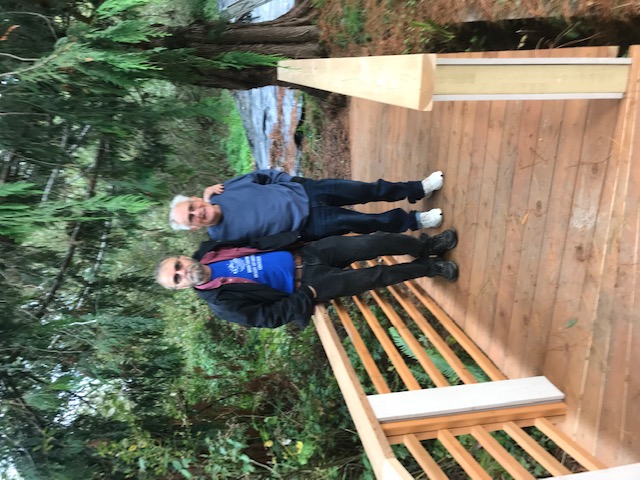
Many thanks to Dan Harrison,
Thank you Dan for your contracting expertise in designing and managing the construction of our Dan Harrison Bridge, and by assisting Marcus in building the bridge that crosses our creek.
This bridge is now in place to assist everyone who attends our in person garden meetups at our garden event clearing starting 2022..
We installed our Indigenous Three Sisters Garden for the first time in 2021.
We did not originally have a fence.
However, with visiting bears, raccoon and elk, it has helped, as well as growing food along the fence for our animal relatives.
Winter squash, Cherokee corn, beans, and mammoth sunflowers.
We grow most of our vegetables and herbs in our Front garden. Each year, someone that you least expect to show up comes to stay. It is never the same. It has been 3 growing seasons since we moved to Del Norte. It has always been an adventure. Broccoli, beets, cauliflower, cabbage, lettuce, spinach, kale, chard, carrots, garlic, artichokes, onions, berries of many kinds grow well here. We are grateful.
We reached our goal this year to have a Green House. Coastal weather does not support growing tomatoes and peppers well. We have been growing then in our sunroom, but not with splendid success. We are excited to begin our new adventure to extend our growing season and plant relatives.
We had someone come and put the foundation in, but Marcus did all the rest! Thank you Marcus!
We add more garden flowers every year to create a happy and welcoming environment for pollinators and visitors. This year, we had many hummingbirds, bees, butterflies, moths, and dragonflies visiting. Garden flowers make us smile.
We will continue to add to our gardens for more permanent horticulture and beauty.
*2024 garden review*
A look at the vegetable garden and the
landscapes for garden activities.
Our ever growing and expanding water garden water plants are always multiplying. If you have a water garden and want plants, contact us.
Our greenhouse is in use all year round. We always have extra young plants in the spring. Contact us if you are interested in starters.
